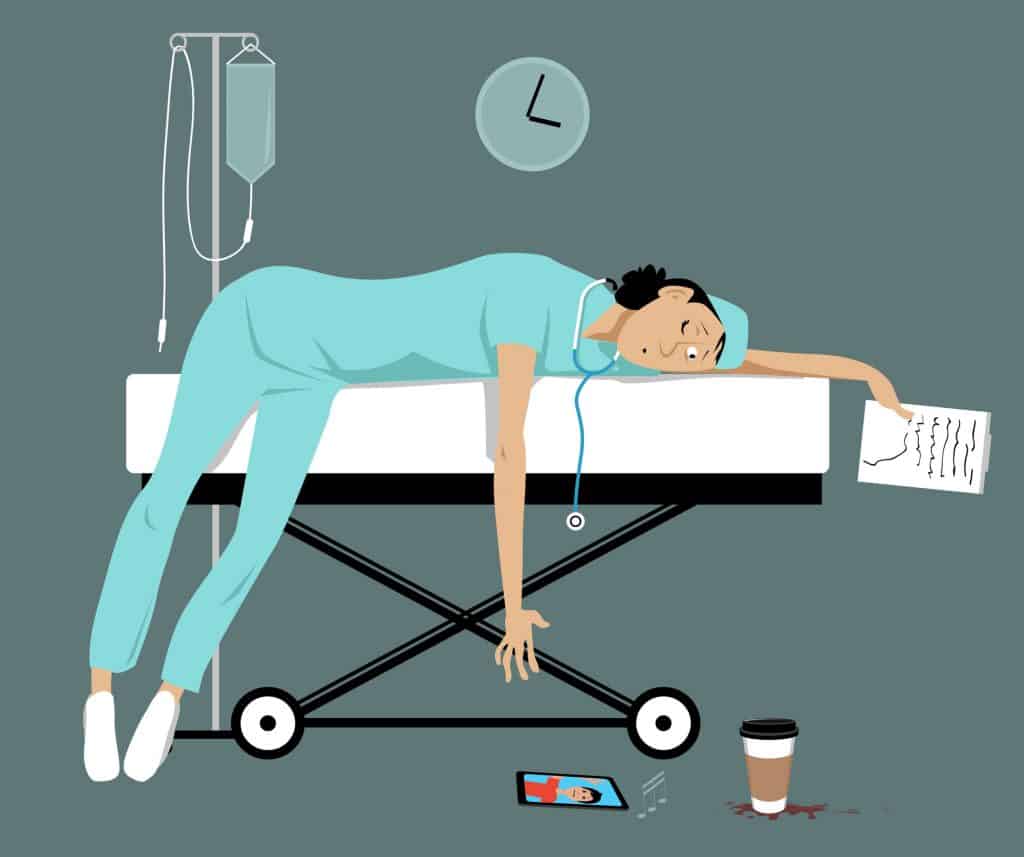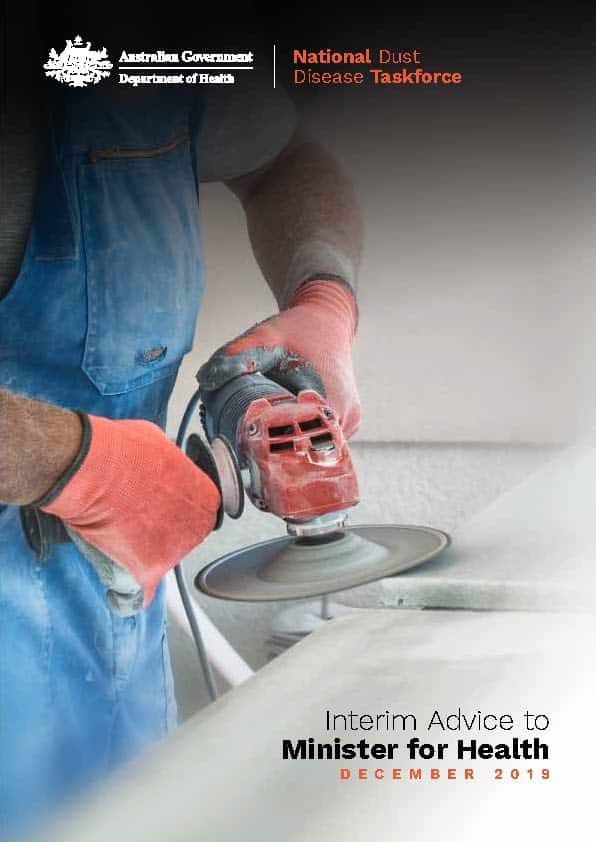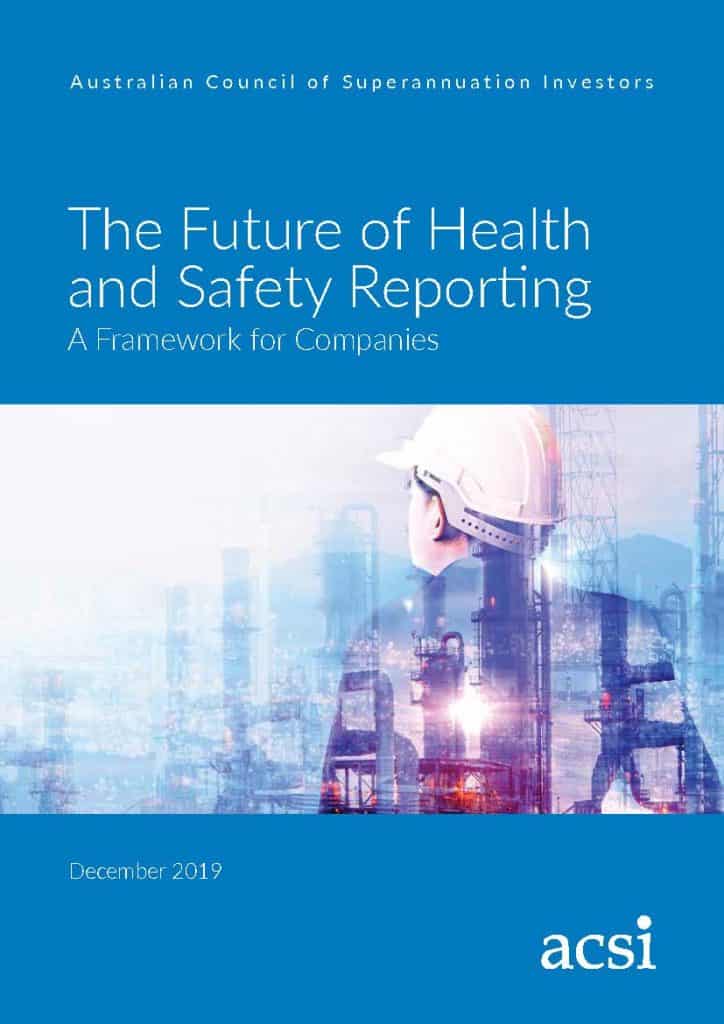
Human Resources (HR) professionals often have an enviable degree of influence over the decision making of company executives. In modern parlance, they are “influencers”; as such it is useful to keep an eye on the advice offered by the association that represents HR professionals, the Australian Human Resources Institute (AHRI).
Recently, freelance journalist, David Barbeler wrote “A comprehensive look at what lies ahead for workplaces in 2020” in AHRI’s HR Magazine. Given that the article is headlined as comprehensive, there are several peculiar occupational health and safety (OHS)-related omissions, especially workplace sexual harassment, Industrial Manslaughter, suicide and mental health.






